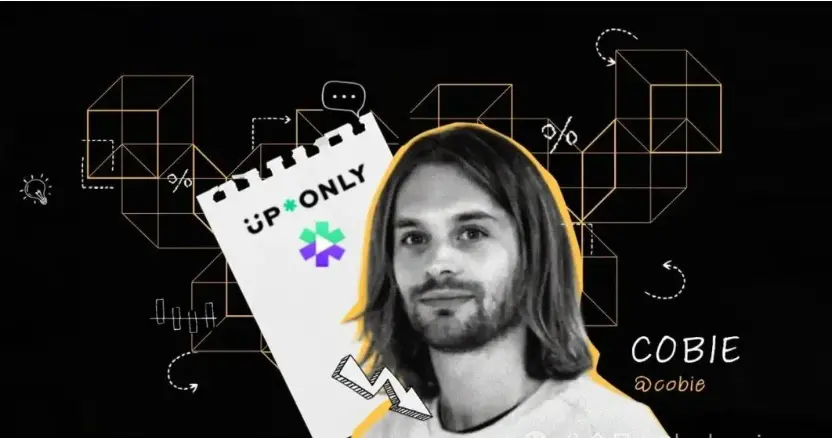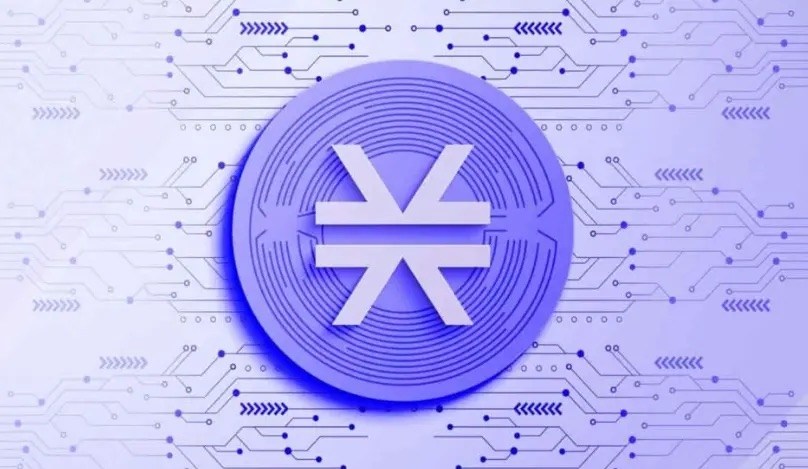Crypto Developer Liability and Market Stability: Navigating the Tornado Cash Aftermath
- Tornado Cash case highlights unresolved legal risks for crypto developers, as Roman Storm’s mixed conviction raises questions about criminal liability for tool misuse. - DOJ’s 2025 policy clarifies that code itself isn’t a crime unless written with explicit intent to enable illegal activity, reducing uncertainty for innovators. - Pending CLARITY Act aims to stabilize markets by defining SEC/CFTC jurisdiction, offering a three-year safe harbor, and protecting investors via anti-rehypothecation rules. - Po
The Tornado Cash case has become a pivotal moment in the evolution of crypto regulation, reshaping the legal landscape for developers and investors alike. Roman Storm’s conviction on a lesser charge, coupled with the jury’s deadlock on more severe counts, underscores the unresolved debate over whether developers can be held criminally liable for the misuse of their tools [1]. This ambiguity has profound implications for blockchain innovation, as it forces developers to weigh the risks of creating privacy-enhancing technologies against potential legal exposure.
The U.S. Department of Justice’s (DOJ) 2025 policy shift offers a glimmer of clarity. By stating that “writing code is not a crime” unless there is explicit intent to enable illegal activity, the DOJ has signaled a focus on criminal intent rather than mere technical development [2]. This intent-based framework could reduce legal uncertainty for developers, encouraging innovation in decentralized finance (DeFi) and privacy-preserving protocols. However, the Tornado Cash case demonstrates that enforcement remains inconsistent. While the DOJ’s policy is a step forward, the mixed jury verdict and ongoing appeals highlight the lack of consensus on how to apply traditional financial regulations to decentralized systems [3].
The CLARITY Act, currently pending in the Senate, aims to address broader regulatory gaps by defining jurisdictional boundaries between the SEC and CFTC and introducing a three-year safe harbor for decentralized projects [4]. If enacted, the Act could stabilize the market by providing a clear framework for compliance, attracting institutional investors who have long been wary of regulatory ambiguity. The Act’s provisions for Qualified Digital Asset Custodians (QDACs) and anti-rehypothecation rules also signal a commitment to investor protection, which is critical for long-term market trust [4].
Yet, the path to clarity is fraught with challenges. The Senate’s competing discussion draft and the Trump administration’s endorsement of the CLARITY Act reflect political divisions over how to classify digital assets and allocate regulatory authority [4]. Meanwhile, the Tornado Cash case’s unresolved legal questions—such as whether decentralized autonomous organizations (DAOs) can be held accountable—remain unaddressed. These uncertainties create a volatile environment for investors, who must navigate shifting legal interpretations and the risk of sudden regulatory overreach.
For investors, the key takeaway is that legal outcomes in the Tornado Cash case and related legislation will directly influence risk profiles. Projects that prioritize compliance and transparency—such as those leveraging the CLARITY Act’s safe harbor—may see increased institutional adoption, while those operating in regulatory gray areas could face heightened scrutiny. The DOJ’s intent-based enforcement model also suggests that developers who can demonstrate good-faith efforts to prevent misuse (e.g., through audits or governance mechanisms) may be insulated from liability, reducing the chilling effect on innovation [2].
In the long term, the resolution of these legal battles will determine whether the U.S. remains a global leader in blockchain innovation or cedes ground to jurisdictions with more developer-friendly policies. As the crypto market matures, investors must closely monitor both judicial rulings and legislative developments, recognizing that stability—and with it, opportunity—will emerge only when the law catches up to the realities of decentralized technology.
Source:
[1] Tornado Cash Jury Deadlocked on Most Serious Charges
[2] DOJ Clarifies Crypto Developer Liability: “Writing code is not a crime”
[3] The Tornado Cash Trial's Mixed Verdict: Implications for Developer Liability
[4] The CLARITY Act: Key Developments for Digital Assets
Disclaimer: The content of this article solely reflects the author's opinion and does not represent the platform in any capacity. This article is not intended to serve as a reference for making investment decisions.
You may also like
Cobie: Long-term trading
Crypto Twitter doesn't want to hear "get rich in ten years" stories. But that might actually be the only truly viable way.

The central bank sets a major tone on stablecoins for the first time—where will the market go from here?
This statement will not directly affect the Hong Kong stablecoin market, but it will have an indirect impact, as mainland institutions will enter the Hong Kong stablecoin market more cautiously and low-key.

Charlie Munger's Final Years: Bold Investments at 99, Supporting Young Neighbors to Build a Real Estate Empire
A few days before his death, Munger asked his family to leave the hospital room so he could make one last call to Buffett. The two legendary partners then bid their final farewell.

Stacks Nakamoto Upgrade
STX has never missed out on market speculation surrounding the BTC ecosystem, but previous hype was more like "castles in the air" without a solid foundation. After the Nakamoto upgrade, Stacks will provide the market with higher expectations through improved performance and sBTC.
